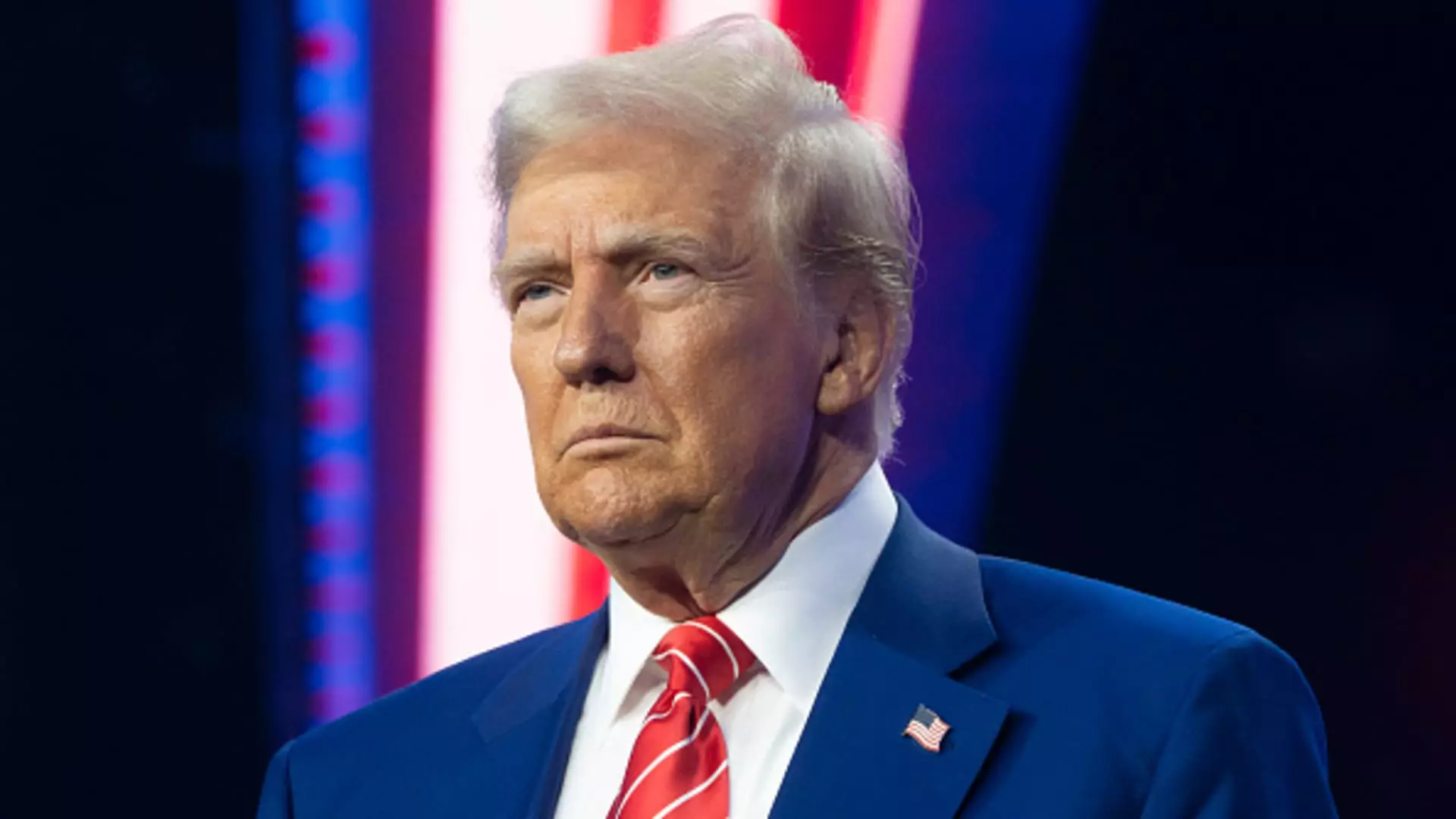The state funeral of former President Jimmy Carter, who recently passed away at the age of 100, represents a poignant moment in American history and political discourse. President-elect Donald Trump’s announcement that he will attend this ceremony not only pays homage to Carter’s legacy but also situates Trump within a historical narrative that spans decades of political evolution in the United States. Attending such a high-profile event allows Trump to demonstrate a measure of respect for the traditions of American leadership, which can resonate positively with various voter demographics, particularly those highlighting bipartisanship and respectful acknowledgment of predecessors, regardless of political affiliation.
Trump’s endorsement of House Speaker Mike Johnson, communicated shortly before the House’s crucial vote, raises significant questions about intra-party dynamics within the Republican Party. While Trump’s declaration that “almost everybody likes him” carries an optimistic tone, recent events paint a more complicated picture. In December, a group of thirty-four Republicans voted against a pivotal stopgap funding bill, an act that indicates fractures within party unity. This dissent not only undermines Johnson’s leadership but also highlights the precarious balance he must maintain between appeasing more traditional conservative factions and appealing to the party’s increasingly vocal extremes.
Trump’s belief that Johnson is the sole candidate capable of securing victory may stem from pragmatic considerations about stability and unity. Yet it also underlines a potential overconfidence, given the visible discontent among certain GOP members. If Johnson’s leadership is perceived as being too closely aligned with Trump, it could alienate these dissenters and hinder efforts to unify the party ahead of the upcoming electoral challenges.
As the political landscape shifts, public sentiment surrounding leadership figures becomes pivotal. For Trump, this is an opportunity to reinforce his influence within the party while signaling to his base that he still holds sway in Republican affairs. Nevertheless, the fallout from the funding bill rejection suggests that Trump’s insulation as a leading figure is under threat from both internal and external pressures. The upcoming vote not only determines the future of Johnson but serves as a referendum on Trump’s continued influence over Republican strategy and nominations.
Trump’s upcoming attendance at Carter’s state funeral reflects more than just a personal gesture; it represents a complex web of political maneuvering and leadership considerations within the Republican Party. As Johnson prepares for potentially contentious re-election as House Speaker, the implications of party cohesion and Trump’s endorsements remain critical. The future of GOP leadership appears to hinge on navigating these fraught dynamics, as internal divisions could either fortify Johnson’s position or render him vulnerable, demonstrating the volatile interplay between legacy, influence, and the evolving ethos of the American political landscape.


Leave a Reply